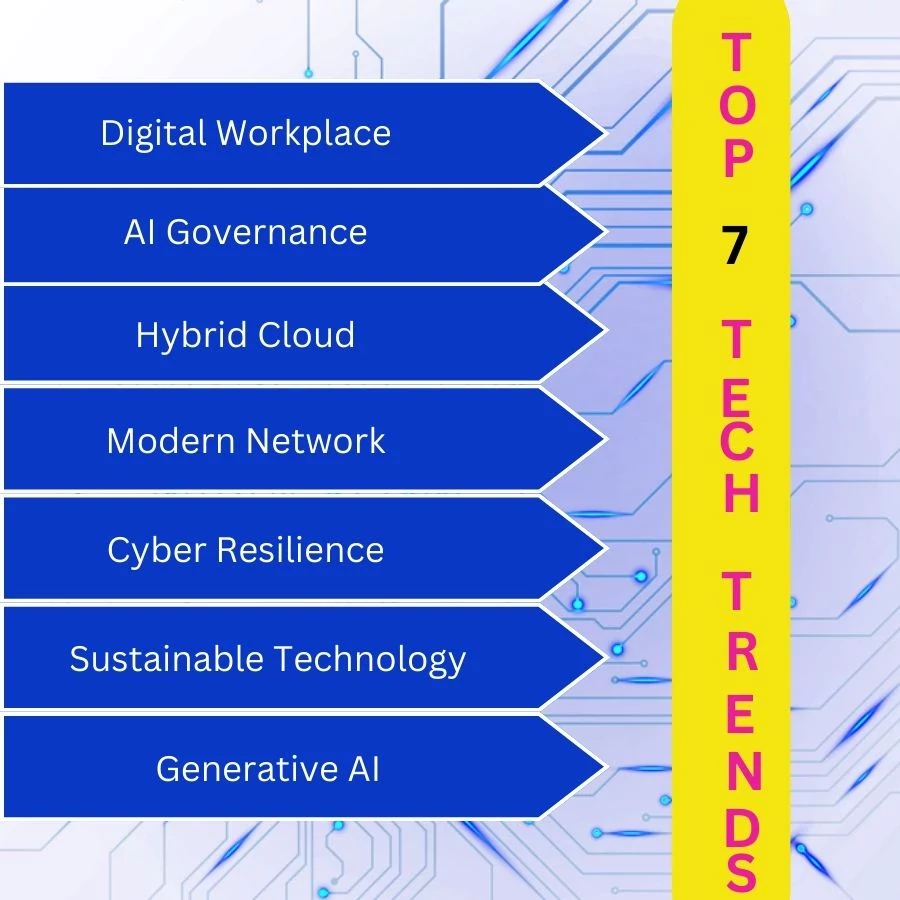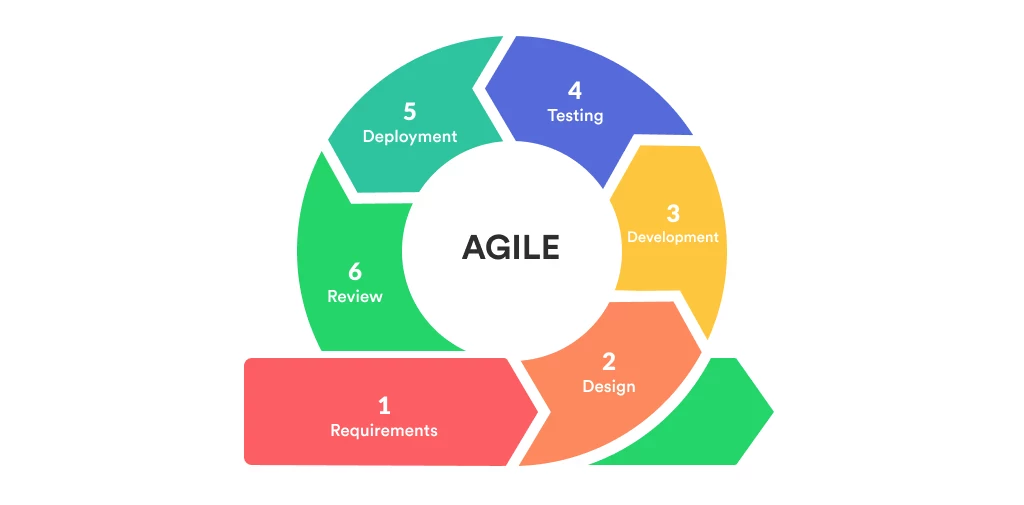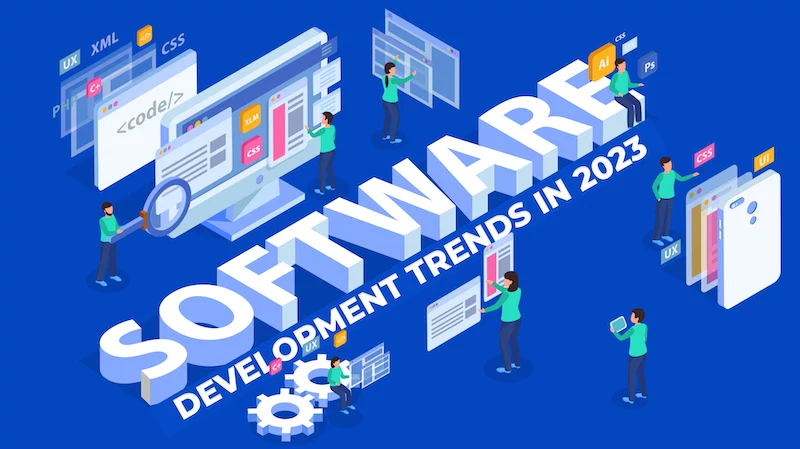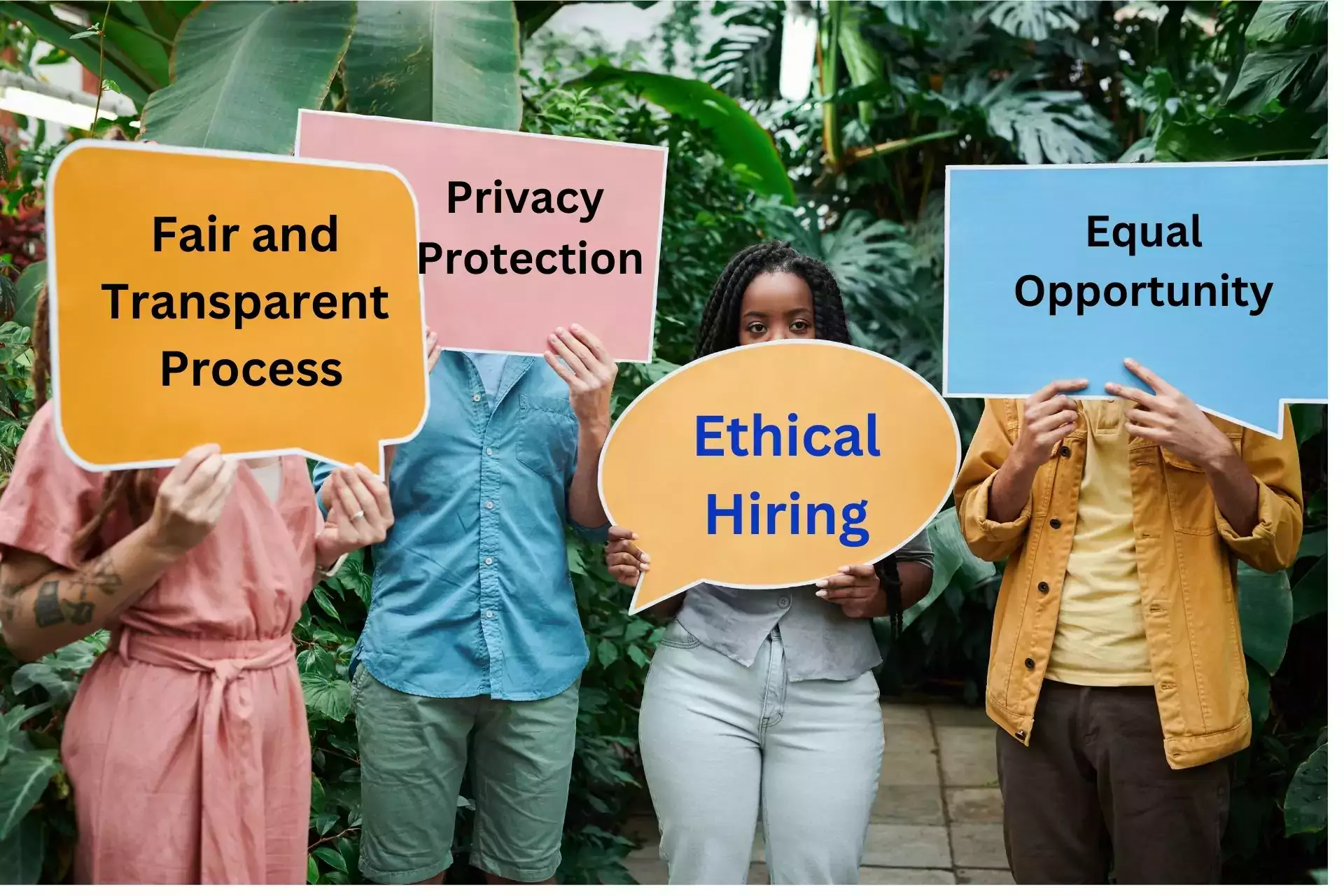
Recruitment in itself is an exciting and challenging process as a company interacts with hundreds or thousands of applicants to find the best fit for the organization. While physical interviews allow the interviewer to get to know the candidate personally, in contract hiring, the interviewer relies on external information. The information is often collected through the candidate's online activities. Companies need to be careful when vetting to avoid legal and ethical breaches.
Our judiciary system has provided everyone with a shield to protect their self-esteem. We cannot and should not discriminate against anyone for their caste, region, religion, or background. A company discriminating against a candidate may land in legal problems. Similarly, a company sneaking over someone’s private life on account of vetting can lead to ethical violations. A recruiter should abstain from sneaking into a candidate’s personal life through their social handles. The purpose of vetting should be limited to checking the ability of the candidate to work and perform.
The process of contract hiring is mostly remote. To prevent wrong hiring, as a lot of money and time is spent on finding the right talent, companies follow strict guidelines. The guidelines require companies to perform a background check, conduct online tests and interviews, and request certain documents like certification, age proof, residential proof, and more. These documents need to be carefully handled, and the privacy of the candidate should be maintained.
A candidate should be offered a position on the basis of job requirements. Factors such as age, gender, and disabilities should not be the base of any recruitment process unless specifically required. For example, the requirement for a female tutor for female students is understandable. However, hiring a less qualified man over an experienced and skilled woman may be subject to gender discrimination.
A company collecting data on the candidates should be clear about how they intend to use the information. Are they sharing this information with a third party? How are they storing the information? A CV contains personal information that may be misused if handled carefully. Companies conducting contract recruitment should inform the candidates and applicants about how they will use the information.
Every organization carries out background checks of the candidates before hiring, which is in the interest of the company. However, these background checks should be done responsibly, ensuring that they do not violate an individual’s privacy. Discriminatory and overly invasive background checks can lead to legal issues.
Every organization should provide complete transparency in the recruitment process. Each candidate should understand the job description, selection criteria, and the recruitment process.
Recruiters may have a personal or financial interest in hiring a particular candidate. Such a recruitment process can be unethical as it reduces the integrity of the hiring process.
Companies operating internationally must be aware of the legal and social framework of each company before forwarding job opportunities. Each country has its own rules and regulations that protect the workers. Under country-specific work, regulations can help companies protect themselves from any legal issues.
Employers may use social media to screen the candidate. Social media screening may be legally tricky. Companies should try to seek only job-related information and abstain from any kind of discrimination. Information on social media may also be misleading.
Contract-hiring companies should provide accessibility to the entire recruitment process. The candidates should be able to view the job description, interviews, tests, etc. Recruitment companies often use online interview platforms. These platforms should be accessible to candidates for proper screening. In case the company chooses to interview the candidate online, the platform for online interviews should also be accessible.
Every organization should follow a clear recruitment process. The process should be transparent for the candidate and focus on hiring talent as per the job recruitment. Companies interested in overseas contract hiring must accustom the legal work conditions of specific countries to prevent any legal issues. All the candidates should be provided with a fair opportunity to prove their skills and work for the company.

Top 7 Tech Trends Business Leaders Should Watch Out For

Agile Software Development

Top 10 Softwarе Dеvеlopmеnt Trеnds in 2023

What to Expect When you Hire a Front-End Developer

Ways to Improve IT Infrastructure

Outsourcing Web Development: Ultimate Guide

Crafting the Perfect Lead Magnet: From Idea to Execution

5 Strategies to Monetize Your Mobile App Successfully

The evaluation and upscaling of IT governance

Top 7 Tech Trends Business Leaders Should Watch Out For

The Future of Virtual Reality in Entertainment and Gaming

How to optimize your website SEO

Navigating Legal and Ethical Issues in Contract Recruitment

How to Compose a Developer Job Description
